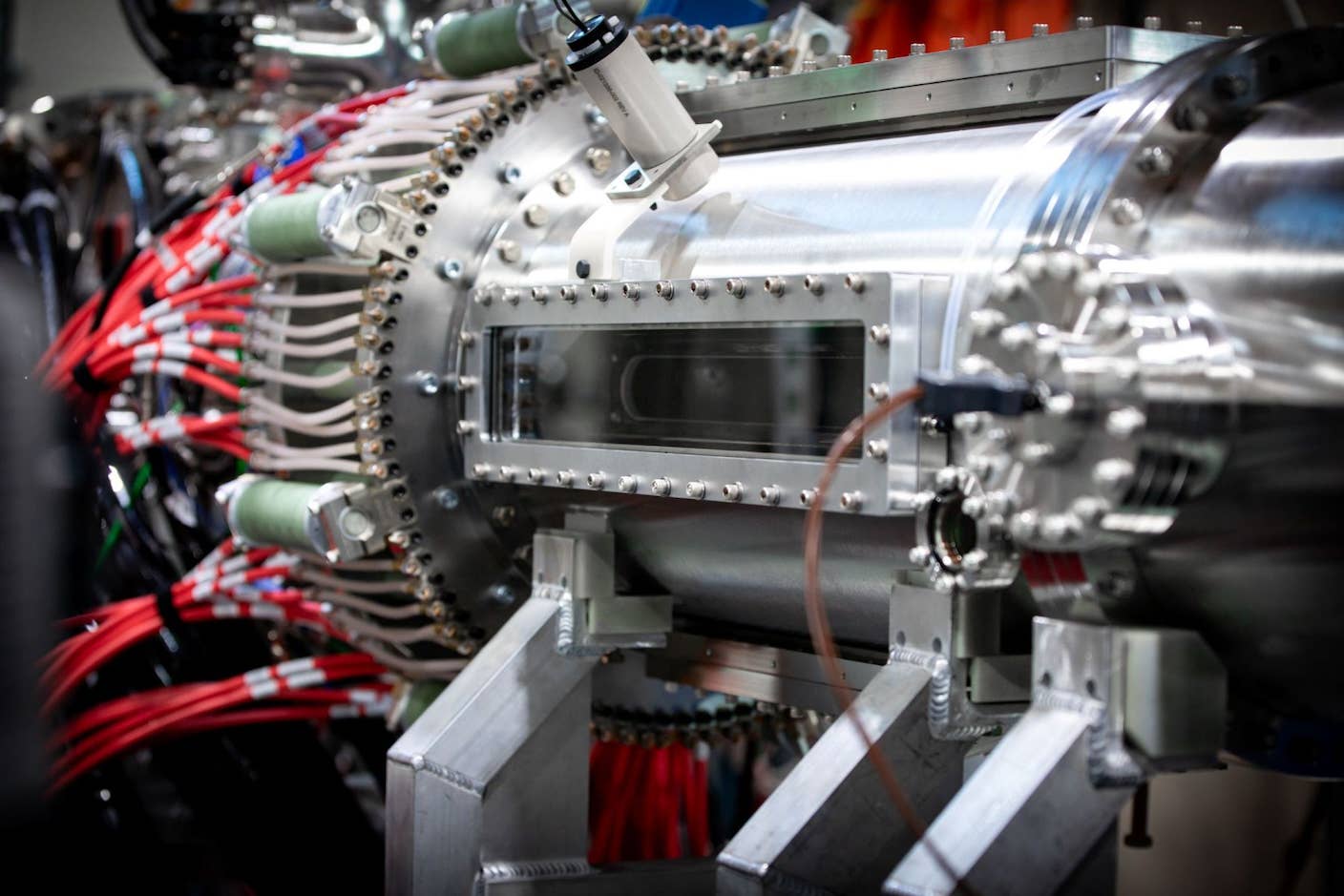Ray Kurzweil Explains Why Radical Life Extension Will Be Better Than You Think

Share
According to Ray Kurzweil, we’re approaching a time when humans will begin to radically extend their lifespans. This sounds good on the surface, but will we have enough resources to support everyone? And won’t living indefinitely get boring eventually? Not so much, Kurzweil says.
Kurzweil suggests that by the time we've significantly extended our average lifespan, we'll no longer be in a scarcity-driven world competing for finite resources. Take energy, for example. Kurzweil notes solar is on an exponential curve and has been doubling every two years.
"Well within 15 years, say, we'll be able to meet all of our energy needs from solar. And at that point, we will be using one part in 10,000 of the sunlight that falls on the Earth."
Following the disruptive trends in energy are water, food, and manufacturing. Kurzweil suggests these areas are on a trajectory from scarcity to abundance. Many of today's resource-related limiting factors will be "solved" by the time radical life extension becomes a reality.
But beyond the logistics of living very long lifespans—how enjoyable would it really be?
Because of the “explosion” in exponential technologies like augmented and virtual realities, our experience of the world will be significantly altered for the better, according to Kurzweil.
Be Part of the Future
Sign up to receive top stories about groundbreaking technologies and visionary thinkers from SingularityHub.


"Our experiences will be limited only by our imagination and the very expansion of our neocortex so we can create and experience more profound music and art and science and literature and relationships. I don't think life will get boring."
For years, Ray Kurzweil has been giving fireside chats at Singularity University. Now, some of his best questions and answers will be released every Thursday on Singularity University’s Ray K Q&A YouTube channel. Check back each week for the latest video.
Image credit: Nicholas A. Tonelli/FlickrCC
Andrew operates as a media producer and archivist. Generating backups of critical cultural data, he has worked across various industries — entertainment, art, and technology — telling emerging stories via recording and distribution.
Related Articles

Your ChatGPT Habit Could Depend on Nuclear Power

Hugging Face Says AI Models With Reasoning Use 30x More Energy on Average

Startup Zap Energy Just Set a Fusion Power Record With Its Latest Reactor
What we’re reading